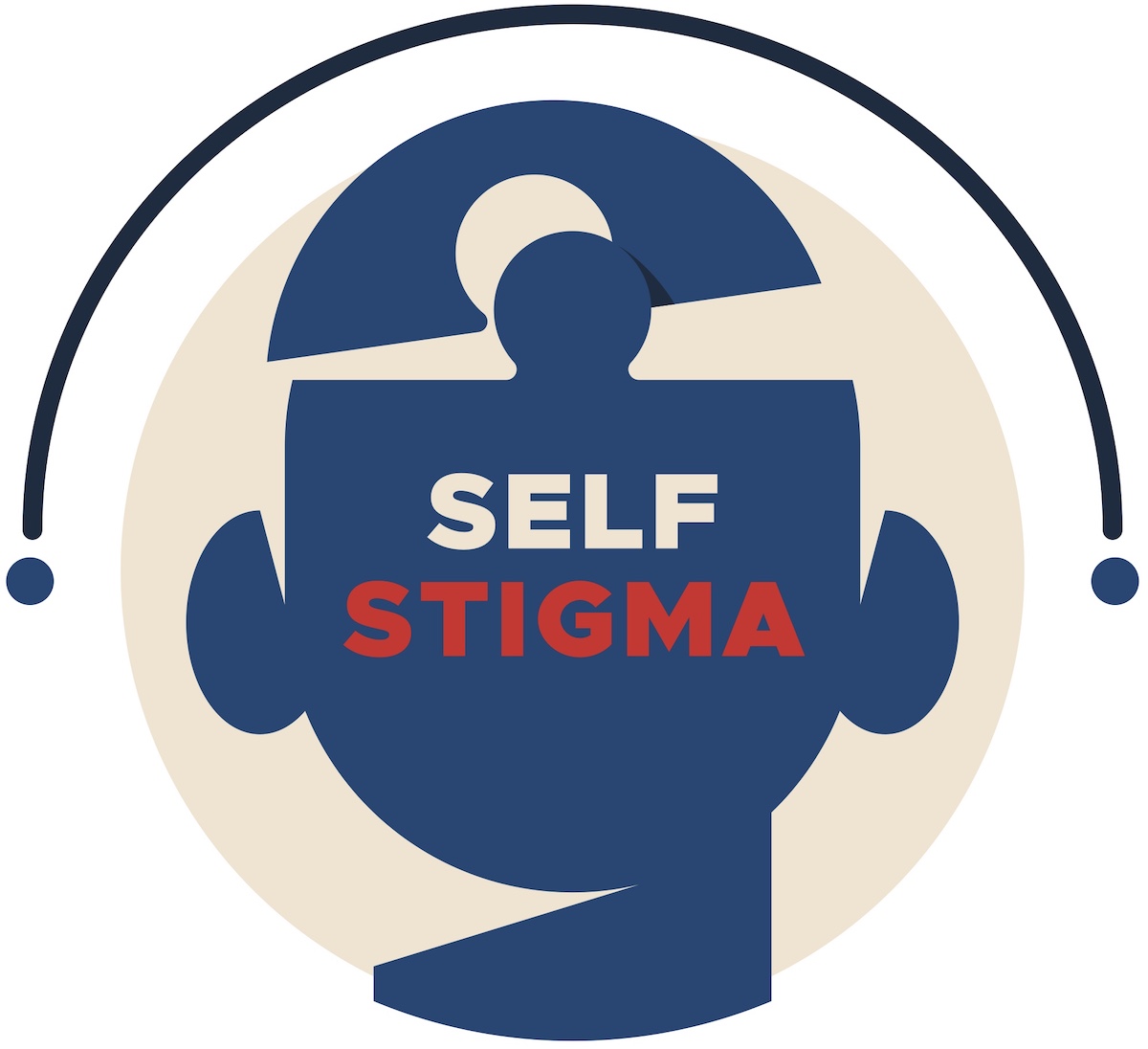What percent of the world was experiencing mental illness in 2021? According to Google search, 19% of adults, translating into over 47 million Americans, had the disorder with 4.55% suffering from a severe mental illness. The American Psychiatric Association (APA) informs us that more than half of mentally ill individuals don’t seek help for their disorders. Why? The association states “Often, people avoid or delay seeking treatment due to concerns about being treated differently or fears of losing their jobs and livelihood.”

The professional association continues, “That’s because stigma, prejudice and discrimination against people with mental illness, is still very much a problem.”
No matter the magnitude of this discrimination, it can lead to harming the ill person who can be marginalized and discriminated against in many ways. Stigma often comes from lack of understanding or a fear. It, therefore, behooves all of us to learn how to address and eradicate this inaccurate stereotype to which misleading media representations (movies, television, computer, newspaper) contribute.
The American Psychiatric Association adds, “A review of studies on stigma shows that while the public may accept the medical or genetic nature of a mental health disorder and the need for treatment, many people still have a negative view of those with mental illness.”
Here, then, are three types of stigmas that researchers were able to identify:
1. Self-stigma that the mentally ill person has referring to their own negative attitudes including “internalized shame”
2. Public stigma that others have involving negative or discriminatory attitudes towards the ill individual
3. Institutionalized stigma (systemic) involves private and government organizations that unintentionally or intentionally restrict opportunities for the ill adult.
***Examples here are reducing mental health services relative to other health care or lowering funding for mental illness research.
My Part 1 on this topic will discuss the review of research findings that self-stigma can lead to negative recovery effects among people diagnosed with severe mental illnesses. These effects include:
1. Reduced hope
2. Lowered self-esteem
3. Increased psychiatric symptoms
4. Reduced likelihood of staying with treatment
5. Difficulties with social relationships
6. More difficulties at work.
On their Mental Health web page, Mayo Clinic also includes the following harmful effects of self-stigma:
1. Reluctance to seek help or treatment
2. Family, friends, co-workers, or others lacking understanding
3. Finding housing, work, or school opportunities
4. Health insurance that does not completely cover mental illness treatment
5. Bullying and physical violence or harassment
6. The belief that you will never succeed at particular challenges or that you cannot improve your situation.
Finally, Mayo Clinic suggests these seven extremely important ways to help a person deal with self-stigma problems:
1. Overcome your fear of being labeled with this illness and get treatment
2. Eliminate self-shame by seeking counseling, educating yourself about your particular condition, and connecting with others with a similar problem who can help you gain self-esteem and overcome self-destructive self-judgment
3. Don’t isolate yourself: Reach out to family, friends, and members of your community (including clergy) for the compassionate support and understanding you need
4. Don’t equate yourself with your illness – instead by saying “I have bipolar disorder,” do not say I am “bipolar.”
5. Join local support groups such as DBSA (Depression and Bipolar Support Alliance) and NAMI (National Alliance on Mental Illness) which both help reduce stigma by educating people who have mental health issues, their families, and the general public
6. If you have a school-aged child having difficulties, get help at your child’s school and give this knowledge to their teachers, especially, because it is against the law to discriminate against students with mental illness
7. Speak out against stigma at fund-raisers and other appropriate events, in letters to the editors, or on the internet, as you encourage others with similar challenges to do the same.
This is my daughter’s viewpoint on my article:
“Thank you, Mom, for educating the general public about people with mental health issues. Never stigmatize your loved ones either.” -Kristin Marie Koplos-Buckman




